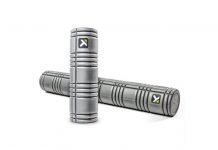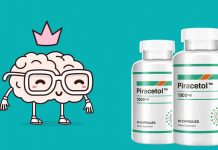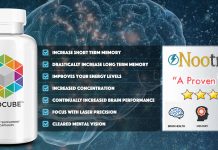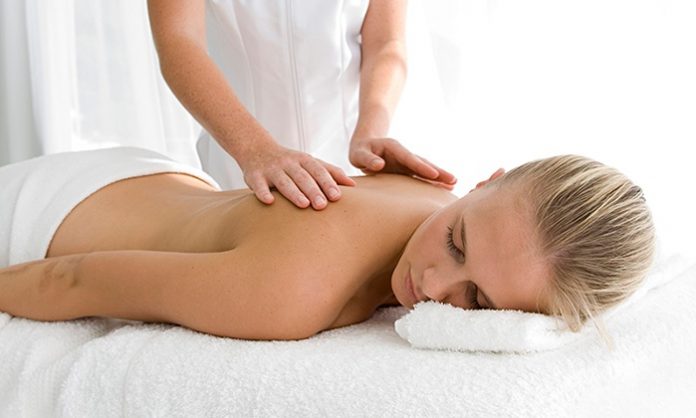
Massage is known for the physical benefits it can help bring to the fore, such as relaxation, pain relief, reduced fatigue, and higher energy. However, more than being just a physical treatment, it is also a wonderful way to relax people and release their negative feelings when work or other responsibilities stress them out. Do you know why massage therapy has that effect? It may come as a huge surprise to many that the answer lies largely upon a single, dynamic, and flexible muscle called the psoas. The psoas, you say? Just what is that?
Explaining the Psoas
Before addressing the question above, it is important to understand the role psoas plays. Unknown to many, the psoas is the most important muscle in the human body. Since it is a little-known muscle, the pain it causes is easy to misdiagnose and, therefore, mistreat.
According to Dr. Christiane Northrup, an authority on women’s health and wellness, the psoas muscle group is the deepest muscle in the body’s core. It is attached to the femurs from the 12th thoracic vertebrae to the five lumbar vertebrae through the pelvis. It is the only muscle that connects the torso to the legs and allows the hip to flex. Without the psoas, it will be impossible for a person to rise from a lying position, run, dance, go up the stairs, bike, or do many other actions that we do every day.
Dr. Jill Carnahan, a functional medicine expert, further says that the psoas provides a sort of “superhighway” from the lower body to the upper body and the brain because it links to the diaphragm through a connective tissue that affects the fear and breathing reflexes. It is, in essence, connected to what is called the “reptilian brain”, the oldest interior portion of the spinal cord and brainstem.
Dr. Carnahan explains that during the time of our ancestors, when the brain’s speech and organization skills have not developed, the reptilian brain is the one that keeps the core body functioning, through its survival instincts. Thus, the psoas is the guardian of what we know as the gut feel or intuition.
Today, the psoas is always on the alert. Liz Coach, the owner of Core Awareness, a site dedicated to understanding the psoas, says the fast-paced life prompts the psoas to perpetually be ready to “run or fight” or bend to protect the body. Any mental or emotional triggers cause the muscle to adopt a fight-or-flight stance.
This constant contraction of the psoas because of haste, tension and stress weakens the muscle and shortens it, causing back pain, knee pain, digestive problems, sciatica, disc conditions, hip degeneration and others. Also, with the reptilian brain always receiving these “danger” signals, the adrenal glands eventually get tired, and the immune system gives in.
Also read: The fight against aging effects GenFX HGH Releaser >>
How Massage Helps Ease the Psoas
Now that you are aware which part of the body needs your magic touch, how exactly can massage help your clients?
Massage relaxes the sympathetic system and boosts immunity. With different techniques, you can loosen tight muscles. Each fascial restriction and adhesion you also remove essentially ease the fight-or-flight instinct of the psoas, allowing the muscle to relax and rejuvenate after a day’s contractions.
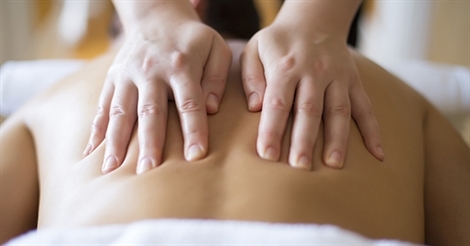
Here are the specific mental and emotional benefits of particular massage therapies:
- Relieve anxiety and feelings of depression. Anxiety and depression are common mental problems that have a huge impact on people. A study conducted by Bensinger, Dupont and Associates, a provider of employee assistance programs, found that one in five Millennials experience depression. In many cases, these feelings led to fatal results. Research by E-Da Hospital and College of Medicine in Taiwan discovered that massage therapy lowered the symptoms of depression and anxiety in more than 700 participants of 17 scientific studies.
- Increase hormone balance and neurotransmitters. Massage therapy is found to trigger neurotransmitters that reduce stress hormones and depression. A study published in the Journal of the National Medical Association said 60% to 80% of doctor visits were stress-related. Researchers from the University of Miami School of Medicine revealed the positive effects of massage therapy on people undergoing mental health problems that resulted in eating disorders and depression. Participants who had a massage increased their levels of dopamine (which controls the brain’s pleasure and reward centers) and serotonin (which balances the mood) by 30% and decreased cortisol (stress hormone).
- Lower blood pressure and heart rate. Emotional trauma or psychological problems could get a person’s circulatory system fired up. A study published in the Journal of Alternative and Complementary Medicine showed that a 40 to 60-minute massage did wonders for the systolic and diastolic pressure of more than 200 participants. The massage also reduced their heart rate by 10 beats/minute.
- Reduce occupational fatigue and stress among healthcare professionals. A study of 38 nurses conducted by Mayo Clinic resulted in fewer symptoms of stress, including fatigue, headache, joint and muscle pain, shoulder tension and insomnia. The nurses simply received once-a-week chair massages for ten weeks, during their shifts. A 2015 study of intensive care nurses yielded the same result.
- Enhance the quality of life of patients with eating disorders. A 2014 systematic study of physical therapy interventions, published in Disability and Rehabilitation, found that massage, yoga, and other exercises helped enhance the mental condition and quality of life of patients with anorexia and bulimia.
- Trigger the warm and fuzzy feeling of being loved. Studies have observed that a gentle massage like a spa massage, instead of a strong-pressured one, triggers the release of oxytocin (love hormone). This hormone is found to be higher among nursing women and people who are in love, causing that warm, positive feeling. It goes down and fades in time, but a spa massage can increase these hormones.
- Relieve chronic stress. Massage benefits those who experience chronic stress, and all other ailments that result from it, including tight shoulders, tension headache, migraine. Deep tissue massage is recommended for these conditions.
Also read: Unique Cognitive Booster Mind Lab Pro >>
Whether the patient is suffering from a chronic back pain, an eating disorder due to stress, feelings of anxiety or depression, or psychological and emotional trauma, massage contributes to healing and calmness of the nerves. A Deep Tissue Massage, Spa Massage, Trigger Point Therapy with a good foam roller or Hot Stone Massage would be good for their psoas muscles and overall wellness.
References:
https://www.jillcarnahan.com/2016/10/03/physical-and-emotional-benefits-massage/
http://www.drnorthrup.com/psoas-muscle-vital-muscle-body/
https://www.massagetique.com/blog/health-wellness/6-mental-health-benefits-of-massage-therapy/
https://www.bna.com/millennials-report-higher-n57982084118/
https://www.massagemag.com/4-benefits-of-a-deep-tissue-massage-31796/
https://thedoctorweighsin.com/massage-and-your-brain/
http://www.livestrong.com/article/88911-benefits-deep-tissue-massage/
http://www.amt.org.au/downloads/practice-resources/Massage-and-Mental-Health-Infographic.pdf


